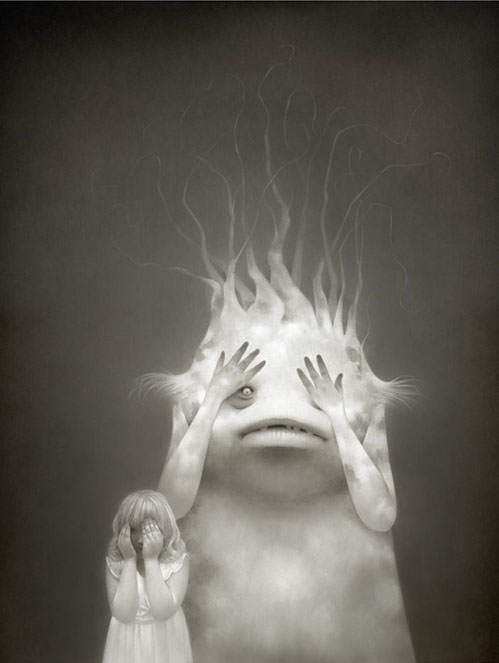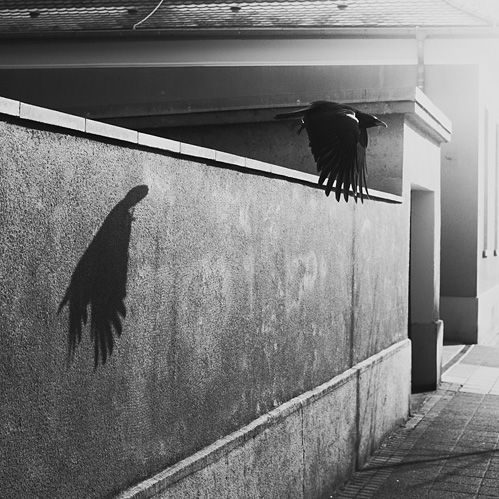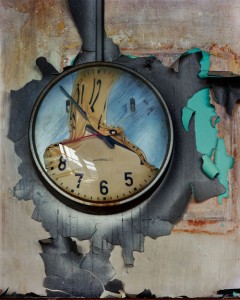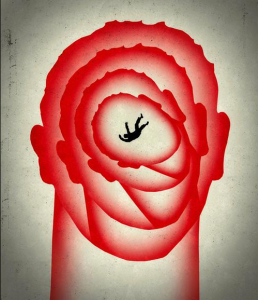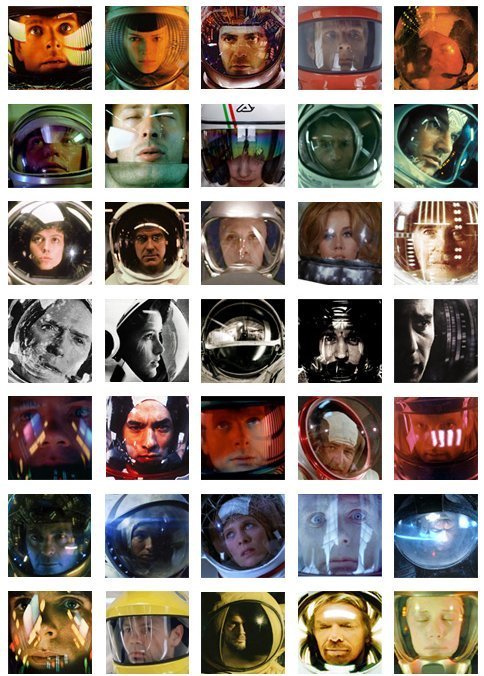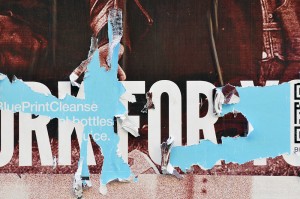Notes on a talk by Michael Stone, Centre of Gravity, Toronto. October 2, 2012. www.centreofgravity.org
We
Could we explore in our own lives how these teachings allow us to see ourselves in a different way? Our hearts are strained. We lose people we love. We can’t always get what we want. Our bodies are impermanent and we can’t choose the kind of death we want. We might think: oh, I’m going to have a good death, an excellent death, but often we can’t control our circumstances. It’s not a matter of choosing, but meeting whatever’s coming up. I think that when we die we’ll meet many things along the way, and that’s ok if you have a mind that can meet whatever’s happening, even if it’s unpleasant.
Many people in this room are crazily talented. But I hope you also meet them when they’re busy doing untalented things. The shadow side of talent is boredom and not being special.
Blame
You become a dharma student when you stop blaming the government. There are always external restrictions, but there’s invariably a strain in our heart that we need to work on. When I started practicing I was a book Buddhist. It was so warming to know others were doing it. But practice began when I could put the books down. It’s like trying to describe a banana to someone who has never eaten one. Tell me again: what does it taste like? One day you have to pick up the banana. You have to know for yourself.
Us humans are strained. It’s why there is religion. Buddhism is an active response to strains, stresses, excess striving. When we sit, we see the heart of the human condition. Our condition. Strain is normal. We blame ourselves. But suffering is beyond us. Freedom is a possibility for uncovering our human nature. The word for hindrance in Pali is Nivarna – meaning ‘covering.’ Practice uncovers our bright human nature.
Religion always asks: are we good or evil. What are you? Good or evil? For the Buddha the question is: Is there painful confusion in your heart? We are all born out of pain and we all have the capacity to bring pain to an end by realizing who we really are in a way that is totally fresh. Some of us have had deep conditions for suffering. Maybe we think the problem is personal or there are political circumstances. Or it’s money, or the neighbours. You become a dharma student when you see it’s not your own failing or even the problem of the government. It’s the human strain in the heart.
If Nirvarna is covering, then practice is uncovering. It’s a beautiful urge. A hindrance is something that covers over our experience, and practice means uncovering it. If you practice, it uncovers who you are. If you want to know who you are you can’t find it out in books, you can’t think your way there.
There’s a term in psychology, I can’t remember what it’s called, something like concrete displacement. It’s when you drop into yourself and grab something along the way that’s concrete. You see people do this a lot when they do psychedelic drugs, they can have a single shattering experience of totality and for the rest of their life they can point to it and say, “That is God, right there. I saw it all, I don’t need to practice.”
At the Max Planck Institute they conducted studies to find out how long it took people to become skilfull at a craft. They decided it took 10,000 hours. If you’re following the breath in meditation, I encourage you to become a conoisseur of the breath. Why don’t we all do this together? Let’s see what it’s like to drop into the breath for 10,000 hours.
Addict
Here’s a meditator who was dealing with addictions to drug and alcohol. “I did two things. First, I began to take good care of the body, good diet and exercise. Second, I began to meditate in a different manner than I had been taught, instead of directing attention to a specific object (tunnel vision), such as breathing. For example, I would sit still and let attention to whatever was distracting me at the moment, whether it was thoughts, feelings, emotions, sensations, and give complete attention or completely embrace whatever it was with each breath, without reacting. For example, if I desired a drink I would embrace the desire without repressing the desire (control) or acting out the desire by drinking or whatever (also control).
I began to trust this process completely because the more I did it, the freer and happier I felt, the more I realized I could turn to theis process, which I secretly named the wisdom of attention process, whenever something was distracting or bothering me instead of turning to drink or other processes or substances which are unhealthy, including meditation teachers.”
Practice
As we’re practicing we’re connected to the breath, this is the time for tunnel vision. We get connected to the beginning of the inhale. If you can stay with the sensations that come up while breathing, then sitting meditation begins to have accompanying sensations of pleasure and the breath holds you. Then whatever comes up the breath harmonizes with, or “embraces” as the recovering addict writes. That’s the heart of our practice.
The way Jung and the recovering addict describe the self is the same. “The unconscious processes stand in a compensatory relation to the conscious mind. I expressly use the word ‘compensatory’ and not the word ‘contrary’ because conscious and unconscious are not necessarily in opposition to one another, but complement one another to form a totality, which is the self. According to this definition the self is a quantity that is supraordinate to the conscious ego. It embraces not only the conscious but also the unconscious psyche, and is therefore, so to speak, a personality which we also are. It is easy enough to think of ourselves as possessing part-souls. Thus we can, for instance, see ourselves as a persona without too much difficulty. But it transcends our powers of imagination to form a clear picture of what we are as a self, for in this operation the part would have to comprehend the whole. There is little hope of our ever being able to reach even approximate consciousness of the self, since however much we may make conscious there will always exist an indeterminate and indeterminable amount of unconscious material which belongs to the totality of the self. Hence the self will always remain a supraordinate quality.” (Two Essays on Analytical Psychology)
The self includes the conscious and the unconscious. In other words: you can never get to the end of who you are. This is beginner’s mind.
Parts
Mark Epstein began therapy with one of the founders of Gestalt Therapy, Isadore From, and when he was asked how he was feeling, he would answer, “Well, part of me was feeling that…” And Isadore would say, “You don’t have parts.” What Epstein describes is that he’s separating a “me” from an observer. As if there’s a me I can watch having an experience.
Ego Job
When we meet if you come in and sit down and start telling me what you think about your practice it feels distancing. You’re telling me the theory. But can you come and show up as your practice? Can you demonstrate your practice? The focus of the practice is not holding back. For Jung this is the job of the ego. The ego’s job is to make contact with whatever’s happening in the moment, and then to release it, to step back, then do it again. This is a process that allows the self to be free. To commit to this moment so that there’s no observer left over, like when Epstein says, “There’s part of me that…” Let’s see that part of you so fully it’s who you are. I think people get scared, if I let someone in they’ll see who I am. But they’re only seeing who you are in this moment, and then it changes and you’re something else.
A healthy ego: 1. initiates. 2. Makes contact. 3. Dissolves. 4. Begins the cycle again.
If the ego cannot dissolve it fails to make necessary contact because it’s still holding on.
Dry Patch
What you do in your relational practice is exactly what you’re doing on the cushion. Even if I’m stale and bored. That’s part of the 10,000 hours. Can you know boredom, even if it’s boring? All relationships have dry patches – can you know the dry patch? Because something’s always brewing beneath it. Jung: “The patient has not to learn how to get rid of his neurosis, but how to bear it. His illness is not a gratuitous and therefore meaningless burden; it is his own self, the “other”… he was always seeking to exclude from his life.” Then self acceptance can happen, and self transformation.
What did Jung write? A doc shouldn’t remove a patient’s neurosis like a decayed tooth, or you’d rob them of their zest for life. Your neurosis is your dharma gate.
Meet
How we be in this moment? I’m remembering a koan where a student is up a tree holding onto a branch with her teeth, her legs are dangling and can’t reach the trunk. Another student comes along and asks, “Why did Bodhidharma come from the west?” She has to answer. This is the energy we’re trying to cultivate when we meet each other.
Late
Norman Feldman has been such an important teacher for me. We were co-teaching a retreat and he was just back from India. There had been a bombing in Mumbai, in the hotel he had been staying at, and during a break, we retired to listen to breaking news. After a time I mentioned that we might be getting late for the next sit, and sure enough, we ran to the sit and everyone was sitting in perfect position, and we were 25 minutes late. I told Norman again and again afterwards, “I feel so badly that we were late.” He was amused, he may have felt badly when we walked into the hall, but he left the feeling there. I thought I should be the best teacher. How are you when you make a mistake? Do you bite down harder on the tree branch? Or do you let go and fall on your back and hurt yourself? Or do you stay stuck in the tree because of something you said or didn’t say? How do we have an ego that has enough courage to meet whatever is happening, to harmonize with it, then drop it.
Once I asked my teacher: “What is transcendence?” She replied, “The only thing we’re transcending is bullshit.”
Anger
When I’m angry I like to sit with it and become the anger. To give it my full attention. How can I take care of this anger? It can be nice to go for a run or have a beer. To get to know your anger so you can have a practice to take care of it. To really know what it feels like to be angry, and then you won’t have to act it out. If you say something unskilfull you can recognize later, “Oh, I said that because I was angry,” and you don’t have to add extra layers.
